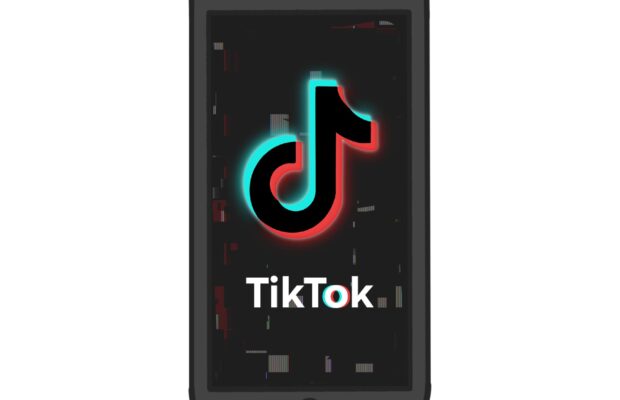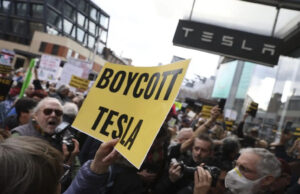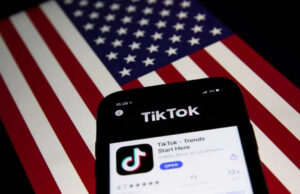TikTok influences Gen Z behavior

TikTok has rapidly risen in popularity over the last year and continues to do so as the COVID-19 pandemic continues. Some would argue that it influences much of Generation Z’s behavior and culture. This same instance has occurred to Gen Z before, with the social media platform known as Vine. Vine offered an almost immediate dopamine rush with its constant introduction of new content, and TikTok is not much different in terms of its content and its effect on its audience.
An aspect of TikTok that emphasizes its impact on users is viral videos. When a video goes viral on TikTok, almost every user is exposed to its content through the algorithm on the For You page. For example, Charli D’Amelio, the most followed creator on TikTok, makes videos of her dancing to sounds on TikTok, and whether you follow her or not, everyone knows who she is. In one viral video, a creator says the phrase “I ain’t never seen two pretty best friends, it’s always one of them gotta be ugly.” That TikTok caused a storm of people catching up with the trend, adding that quote to almost everything. However, if the same thing was said to someone that did not have a TikTok, the joke would not make sense to them, further showing how the app creates somewhat inside jokes across an entire generation.
TikTok has also impacted how the world views certain groups of people. In May 2020, the Black Lives Matter movement had a resurgence after the murder of George Floyd, and during the protests, many teenagers were the ones leading and taking charge. Ever since video evidence of this was taken and posted on TikTok, our generation was painted as revolutionary. They rally around certain movements and spread ideals through TikTok in order to push the movement forward. More recently, TikTokers have been shedding light on the environment that polar bears now have to live in because of climate change and strive to make change for the polar bears.
Although not always the most reliable platform when it comes to acquiring factual information, the content on TikTok has proven to impact both Gen Z’s behavior and culture.



